How long do smart bulbs last and are they worth it?
Just how long do smart bulbs last? Know so you can make the right decision before changing your home lighting
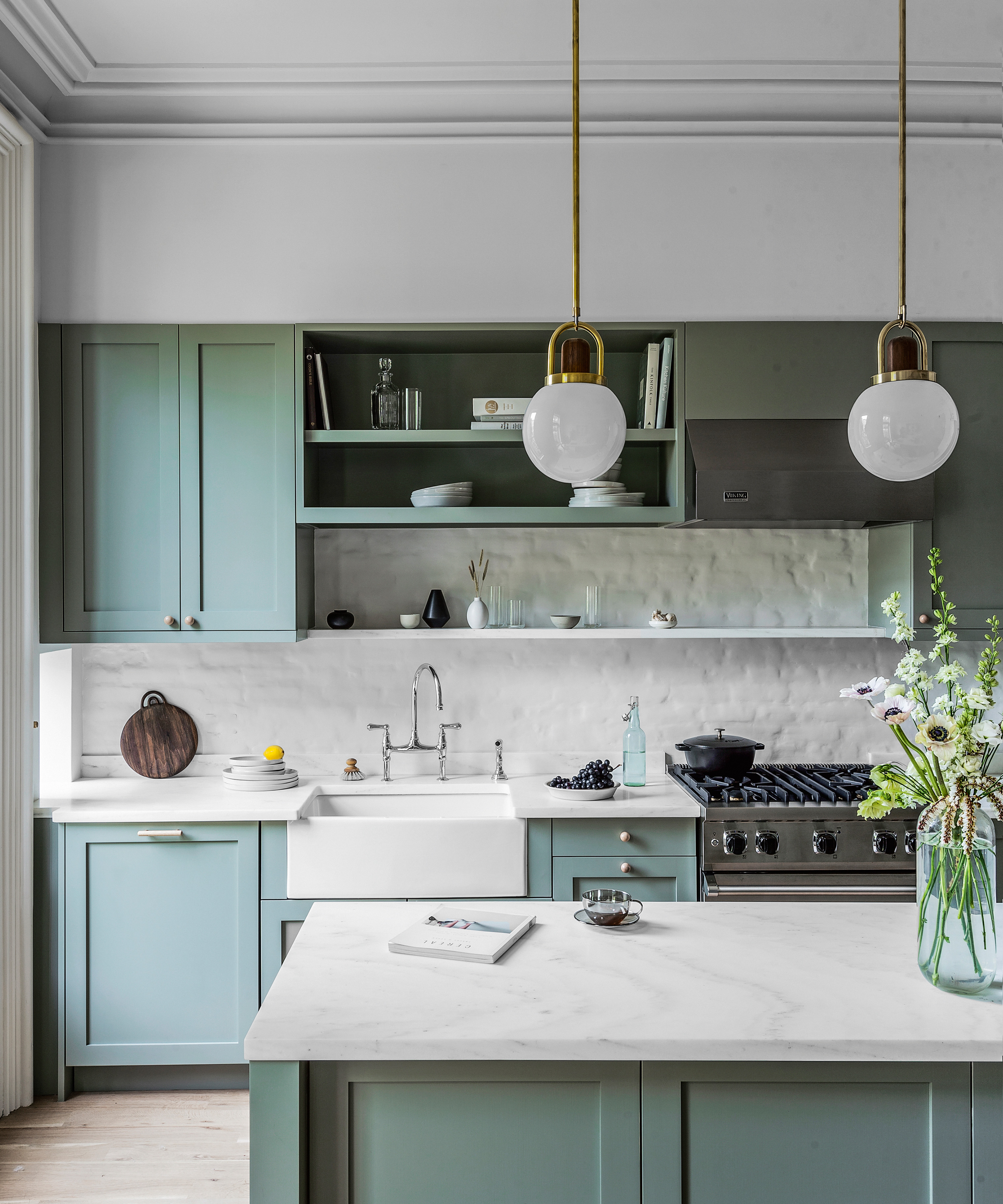

How long do smart bulbs last? A fair question to ask if you're about to invest in a home-wide revamp of your lighting setup. Or, indeed, if it's just one bulb you want to replace as these are more expensive than their simpler filament bulb siblings.
This guide aims to clarify just how much glow you can expect for your buck. So even if you don't go for one of the best smart light bulbs, you can still have an idea of what to expect and – crucially – what to look out for and to avoid when buying.
To be clear, smart light bulb means an LED bulb or light strip that smart connects to a device. That can be using WiFi and a hub or directly to a phone using Bluetooth. These factors can vary the features you get and the way you use them but they won't change the lifetime. That comes down to other factors that we go into below.
How long do smart bulbs last compared to filament?
Getting an automated home is one big draw when it comes to smart light bulbs but the other is just how much you get for your money. The key here is that traditional bulbs use lots of power and have a limited lifetime. Smart bulbs, on the other hand, use LEDs instead.
An LED uses very little power compared to a bulb. Have you ever turn off a gadget and noticed the little light is still on? Yup, even without power they keep going, they're that efficient.
As a result you can expect a very long lifetime from your smart bulb. The average will last around 23,000 hours. For a six hours day, or night, of being on that's about ten years of life.
Go for the top end models like Philips Hue or the Lifx range and they offer up to 25,000 hours which, with similar use, is an 11 year life. Or to put it another more realistic way, with three hours use a day on average these will last 22 years.
Is there more to go wrong with a smart light bulb?
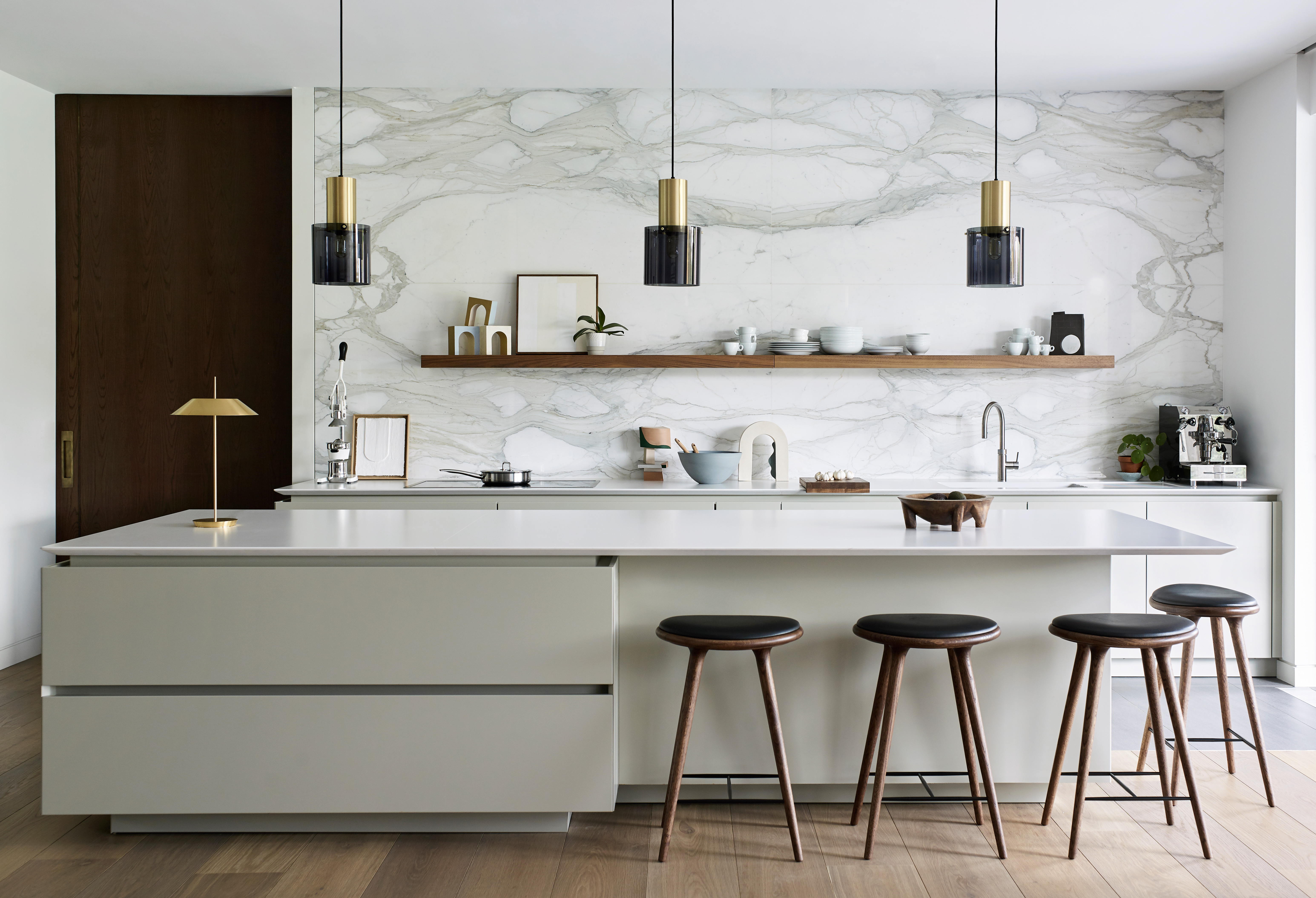
The short answer is yes. Automated lighting not only illuminates a room but also let you smart control them for features like color variations, timers, automated power based on other gadgets' actions and so on. The point is there is more connectivity and gadgetry to go wrong. That said you do get a two year warranty on brands like Philips – not that this helps much in that decade long expectation of bulb life.
The other factor, that isn't about lifetime, is that these use your WiFi – in most cases – and can potentially create an opening for network attacks. This is very unlikely and you can take steps to protect yourself, like using a VPN, but it's worth noting.
Are standard LED bulbs longer lasting than smart bulbs?
While comparing standard filament bulbs to smart LED light bulbs does make the latter look amazing for life, you can also get standard LED bulbs.
A smart LED bulb, at its best, is going to give up after 25,000 hours. By comparison a cheaper LED bulb, with no smart features, is going to keep going for around 50,000 hours.
So if you want longevity over everything else, go for a standard LED. But if you need smart features and think the price is justified by those extras then smart is the way to go.
Why do LED bulbs burn out?
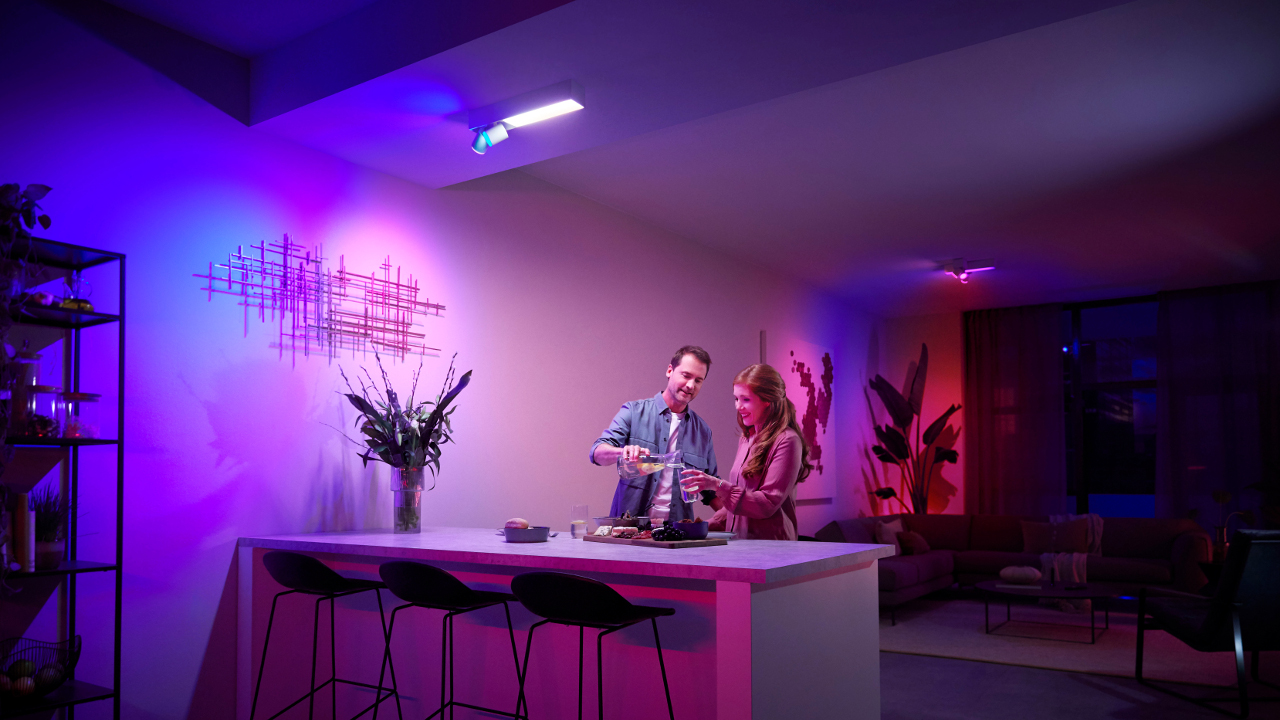
LED bulbs might be wonder lights that last for ages, change colors and work instantly, but even they have a lifetime. But why? These Light Emitting Diodes (LEDs) gradually get dimmer over time.
While LED bulbs create very little waste and so produce nearly no heat, there is still some produced. This gathers in the bulb neck and can get hot which raises the temperature of the air in the bulb itself. This is where some of the diodes die. Eventually as more and more drop off you'll notice the light getting less and less bright.
So the advantage here is that the LED bulb won't just die like a traditional bulb, leaving you in the dark. But the downside is you will have to spot when it's not good enough and needs replacing.
How can I make my smart light bulb last longer?
There are a few ways to make sure your smart bulb gets the best shot at its little life possible. As mentioned it's mostly about avoiding overheating. So if you have your bulb on constantly it'll get hotter than if you give it breaks. So perhaps turning the bulbs off when you leave the room and on when you return could be a helpful step to extend its lifetime.
Another cause of overheating is loose connections. So the first step is to make sure it's screwed all the way in. Next is to make sure the connections are clean, with no corroded contacts on the fitting the bulb is going into.
Make sure the fixture the bulb is going into is big enough and there's enough space to let air flow. Ventilation is key to make sure the bulb stays as cool as possible and lasts longer.
Lastly, be sure to set timers. That means when you're not using the bulbs, even if you forget to turn them off, they'll power down – ensuring you get the most hours of use in the longrun.
As with all smart tech, occasionally things go wrong. You may find it useful to know how to reset a smart bulb.
Be The First To Know
The Livingetc newsletters are your inside source for what’s shaping interiors now - and what’s next. Discover trend forecasts, smart style ideas, and curated shopping inspiration that brings design to life. Subscribe today and stay ahead of the curve.

Luke is a veteran journalist and editor of over two decades where he has written about everything but specialises is technology, science, health and fitness, smart homes and health. He contributes to Real Homes, T3, Tom's Guide and TechRadar, among many other titles. As a father of two, any spare time he gets is enjoyed surfing, reading, hiking, camping and generally getting out in nature.
-
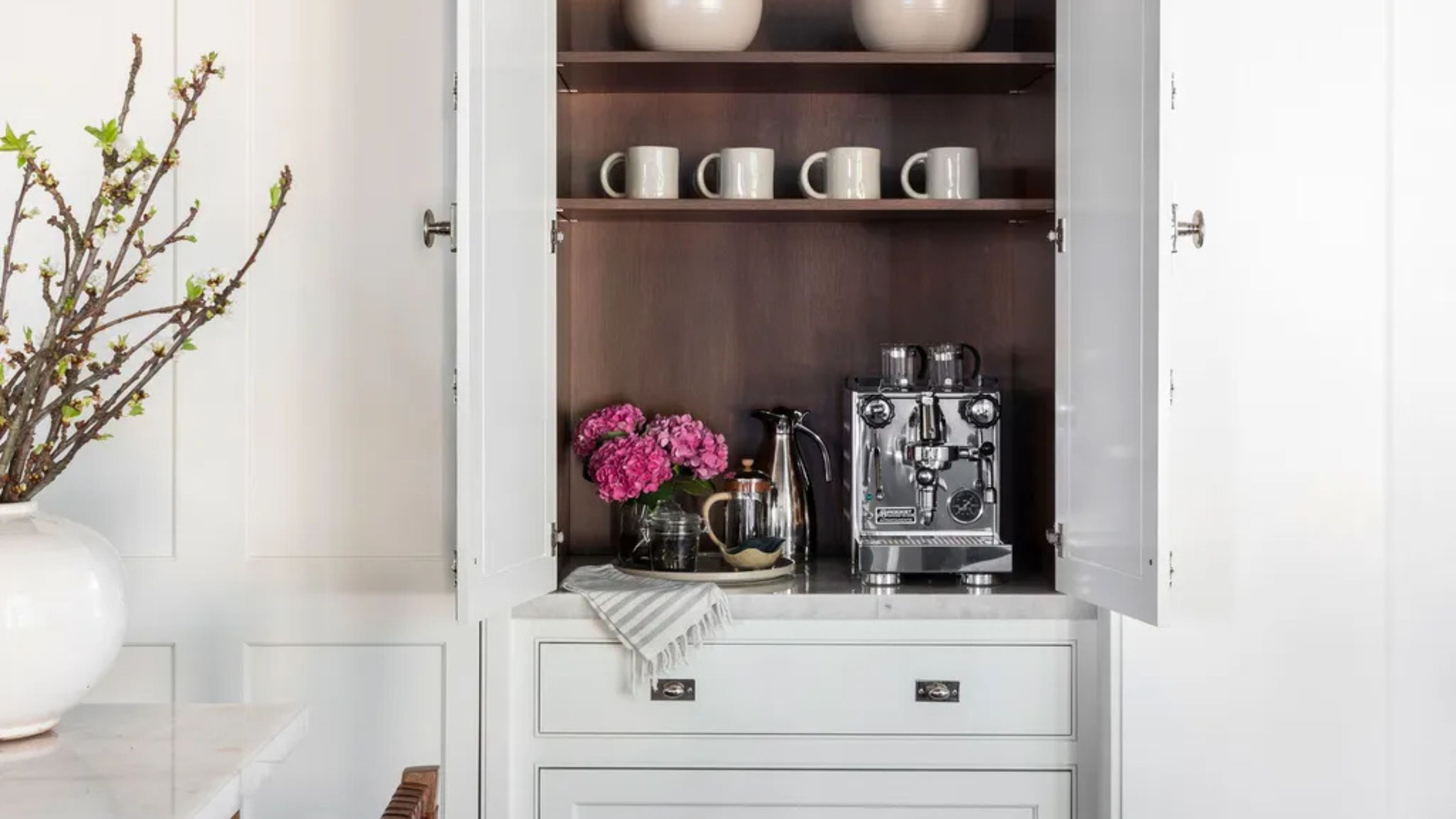 Turns Out the Coolest New Café is Actually In Your Kitchen — Here's How to Steal the Style of TikTok's Latest Trend
Turns Out the Coolest New Café is Actually In Your Kitchen — Here's How to Steal the Style of TikTok's Latest TrendGoodbye, over-priced lattes. Hello, home-brewed coffee with friends. TikTok's 'Home Cafe' trend brings stylish cafe culture into the comfort of your own home
By Devin Toolen Published
-
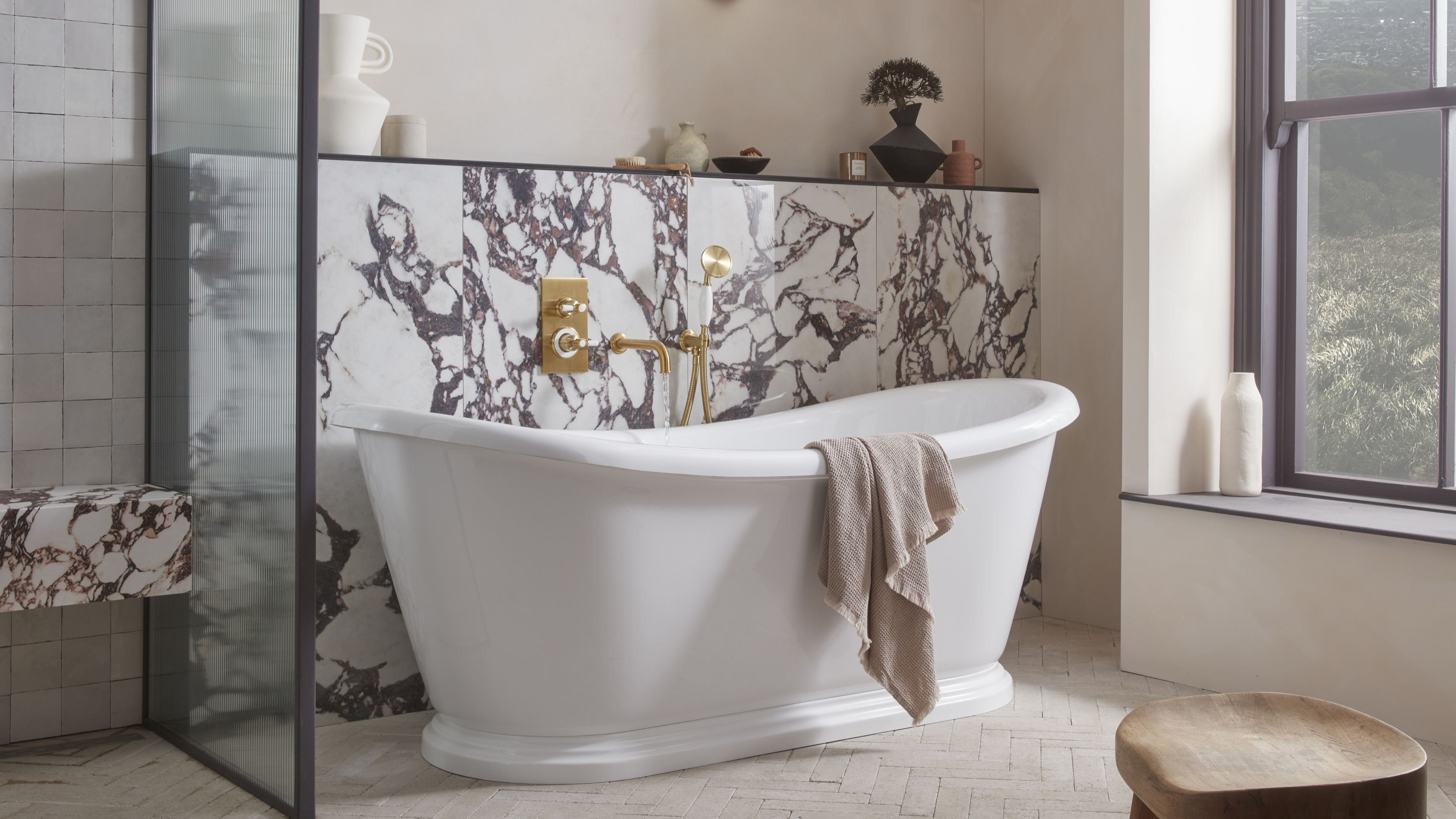 5 Bathroom Layouts That Look Dated in 2025 — Plus the Alternatives Designers Use Instead for a More Contemporary Space
5 Bathroom Layouts That Look Dated in 2025 — Plus the Alternatives Designers Use Instead for a More Contemporary SpaceFor a bathroom that feels in line with the times, avoid these layouts and be more intentional with the placement and positioning of your features and fixtures
By Lilith Hudson Published
-
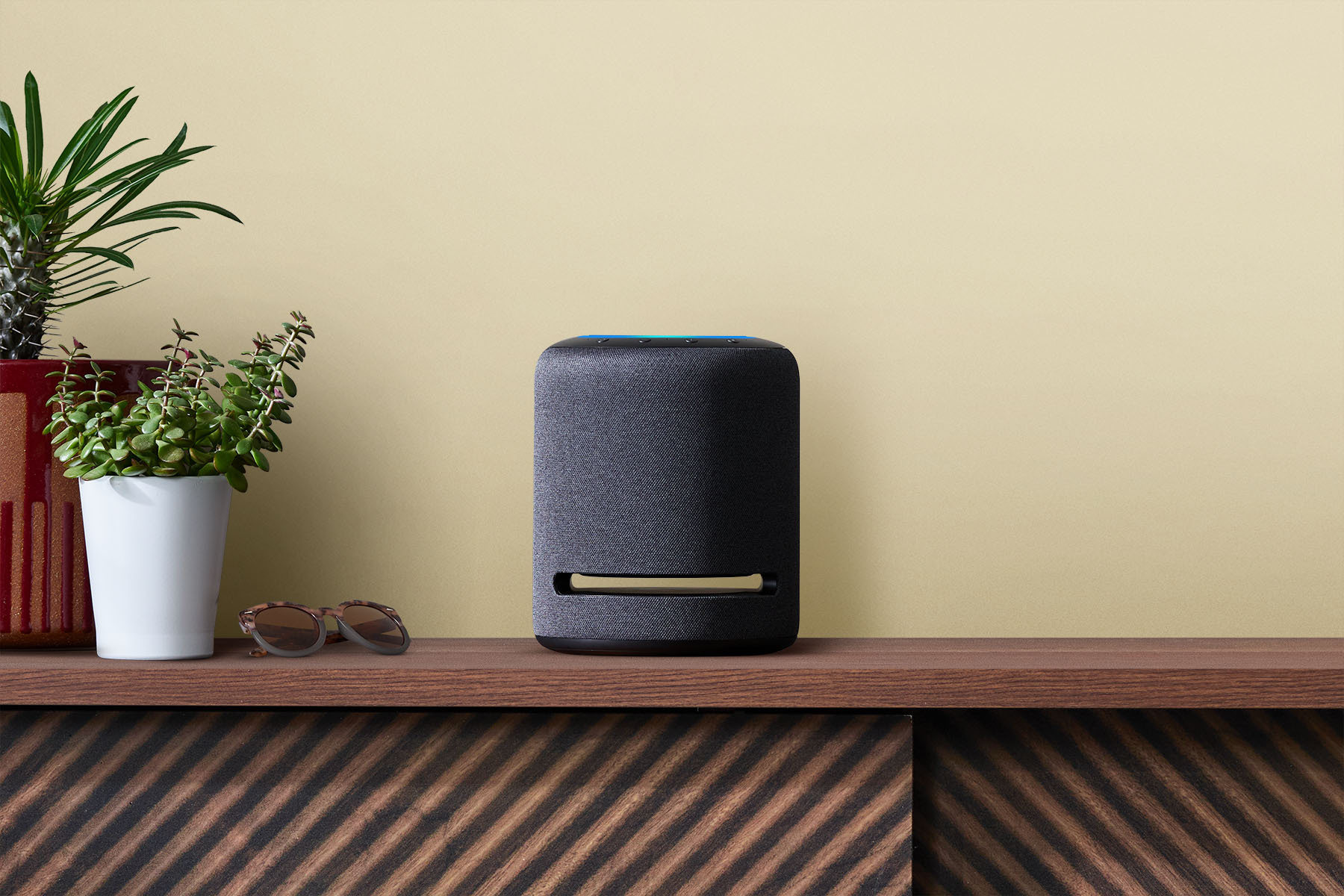 Here are All the Ways Your Alexa Device Can Help With Your Houseplant Care
Here are All the Ways Your Alexa Device Can Help With Your Houseplant CareThanks to some clever new features, your Alexa smart speaker can now offer a bespoke botany service to keep your indoor garden looking its best
By Lilith Hudson Last updated
-
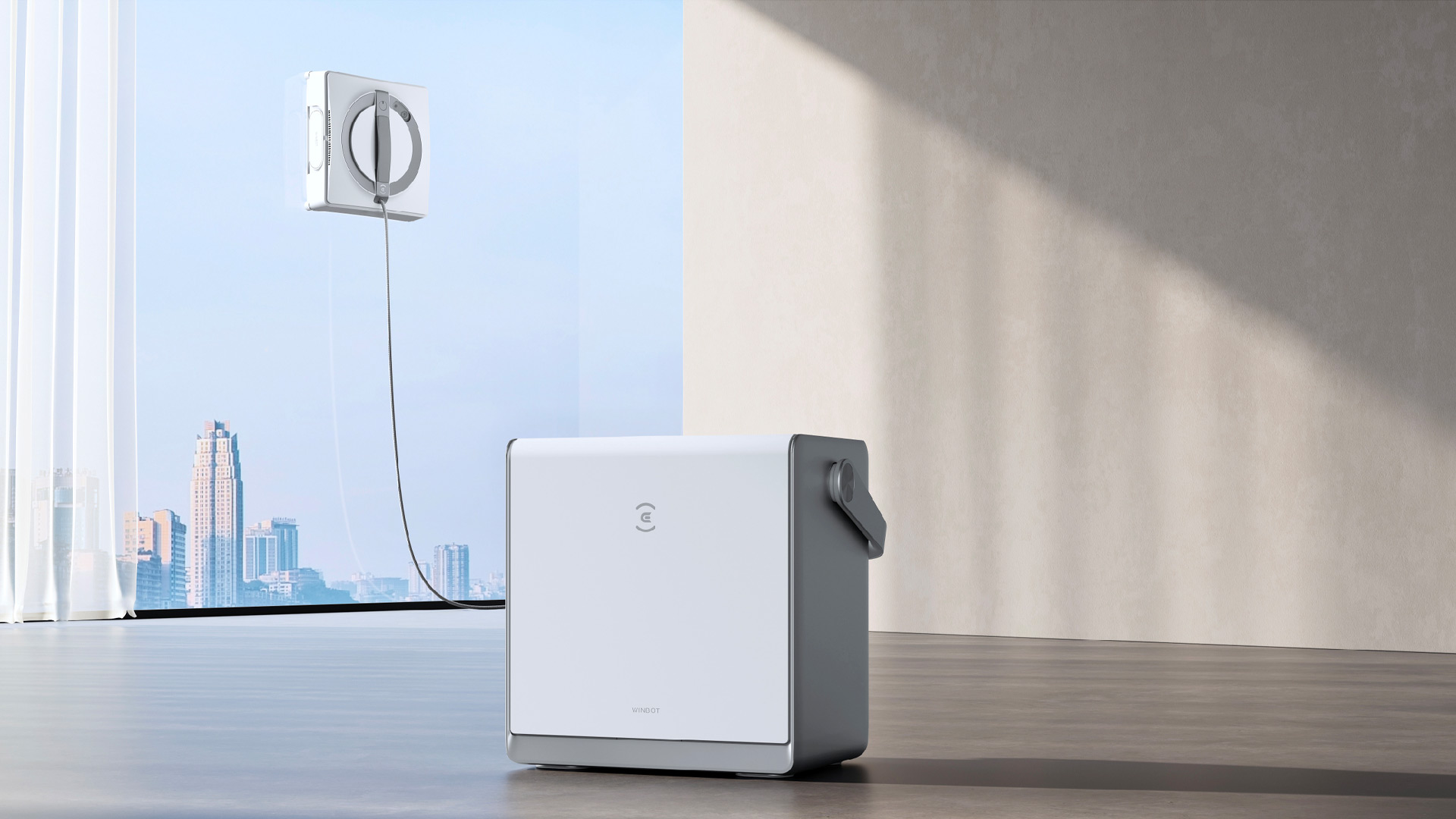 "Window Cleaning Robots" Are Now More Affordable, but Are They Worth It? Our Tech Expert's Verdict
"Window Cleaning Robots" Are Now More Affordable, but Are They Worth It? Our Tech Expert's VerdictYes, robots can semi-automate one of the most tedious household chores around, but there are drawbacks.
By Alan Martin Published
-
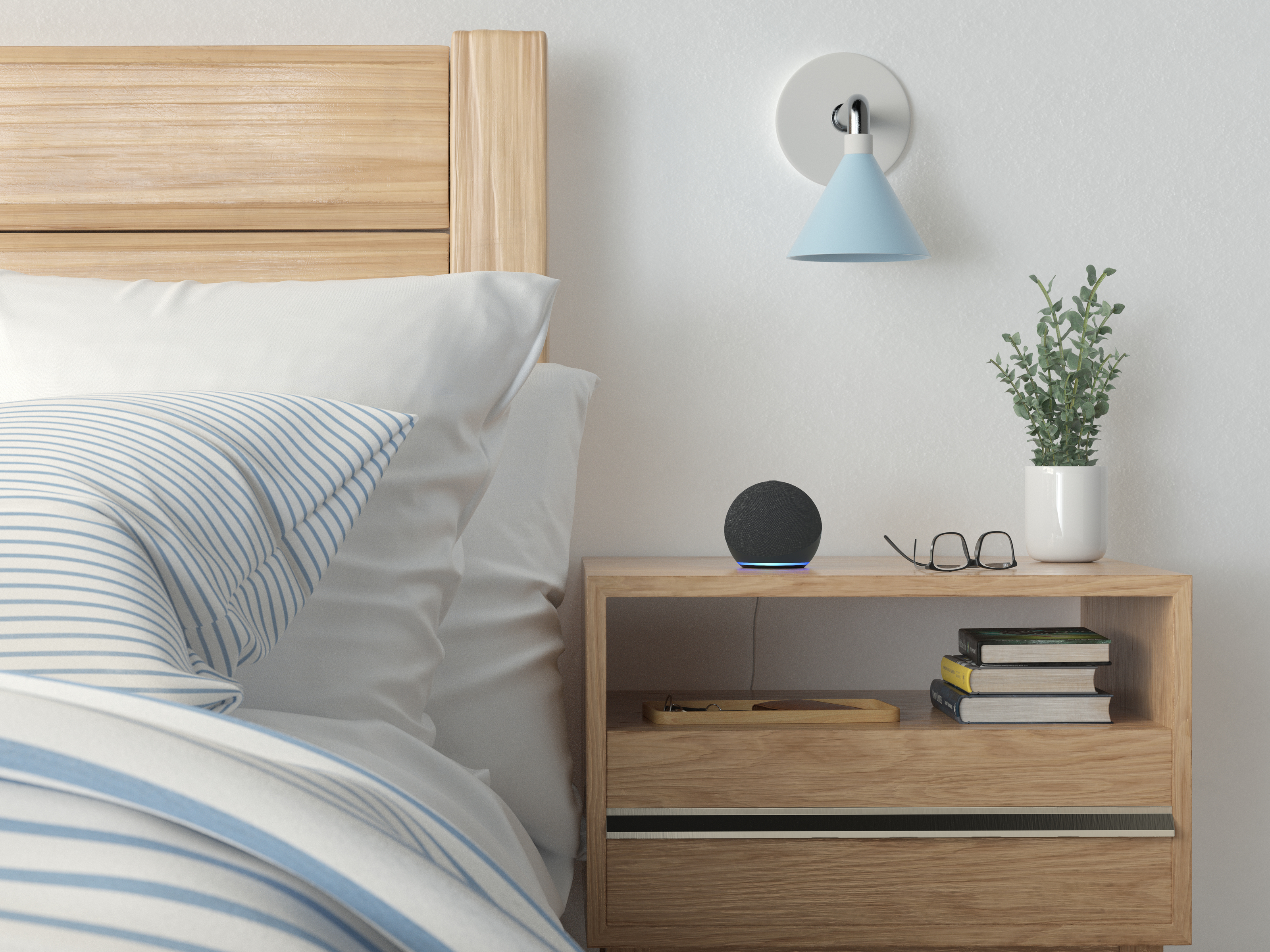 5 Clever Ways you can use Your Amazon Alexa Devices to Help you Sleep Better — 'They Revolutionize Your Night Time Routine!'
5 Clever Ways you can use Your Amazon Alexa Devices to Help you Sleep Better — 'They Revolutionize Your Night Time Routine!'If you don't have an Amazon Echo device in your bedroom yet, you'll definitely want to after learning about these genius functions
By Lilith Hudson Published
-
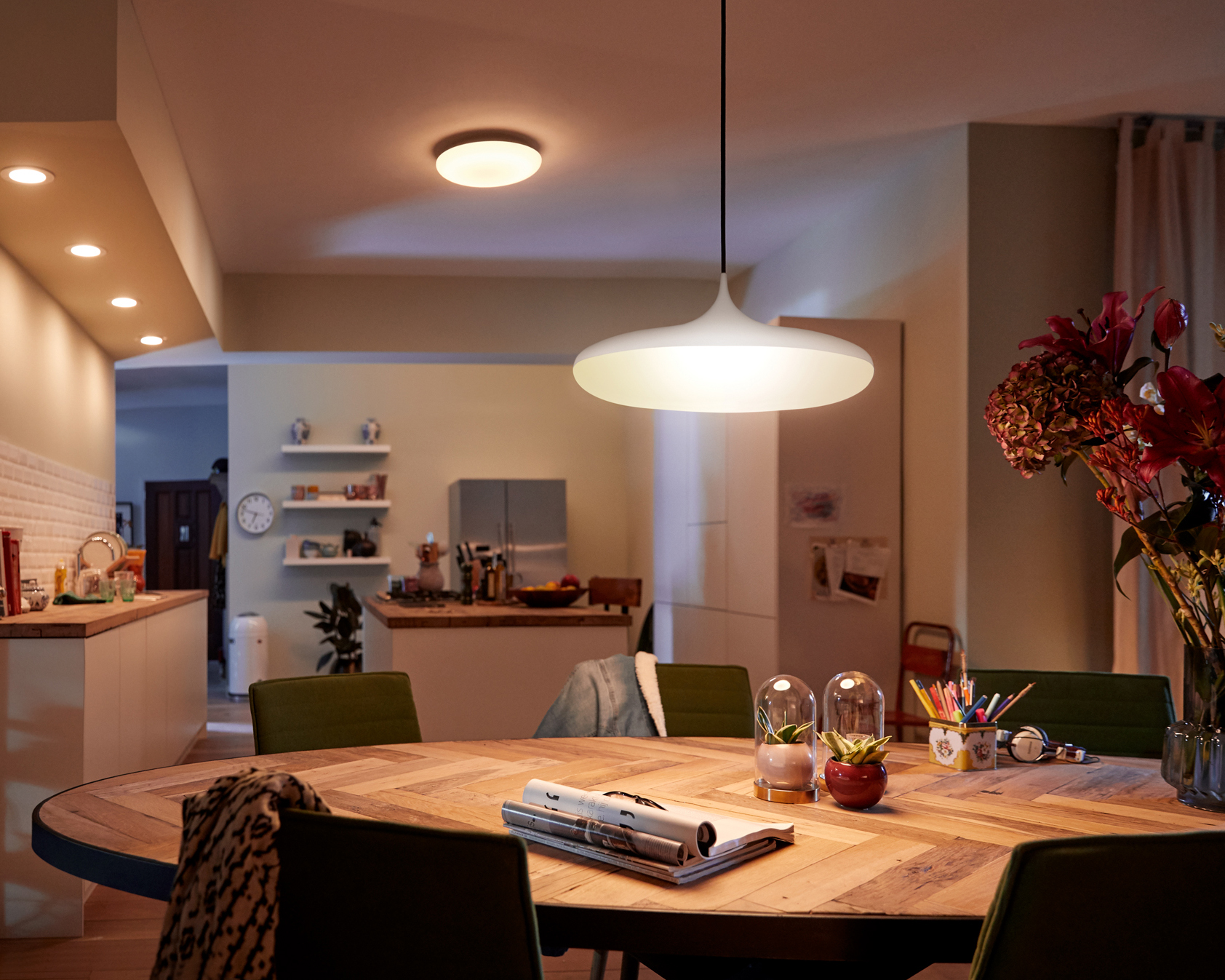 6 Resolutions to Make Your Smart Home Better in 2024 — This is How to Get More From Your Tech
6 Resolutions to Make Your Smart Home Better in 2024 — This is How to Get More From Your TechMake your smart home work better for you in the new year with these tips to get things firing on all cylinders
By Alan Martin Published
-
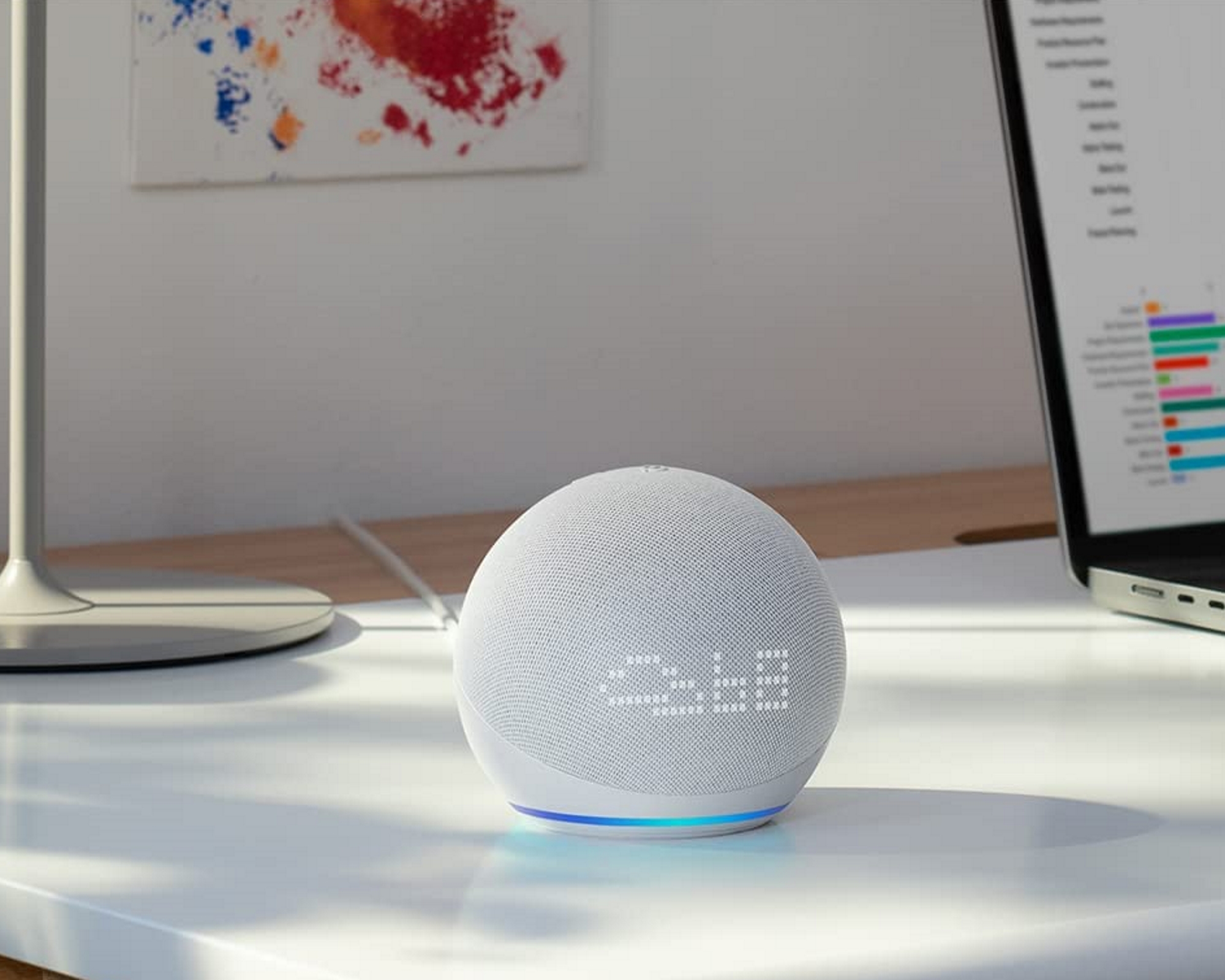 How to Stop Alexa Suggestions - It's so Easy to Turn Off Unwanted Advice From Your Smart Speaker
How to Stop Alexa Suggestions - It's so Easy to Turn Off Unwanted Advice From Your Smart SpeakerCut down on your Amazon Echo’s follow-up spam with this foolproof method.
By Alan Martin Published
-
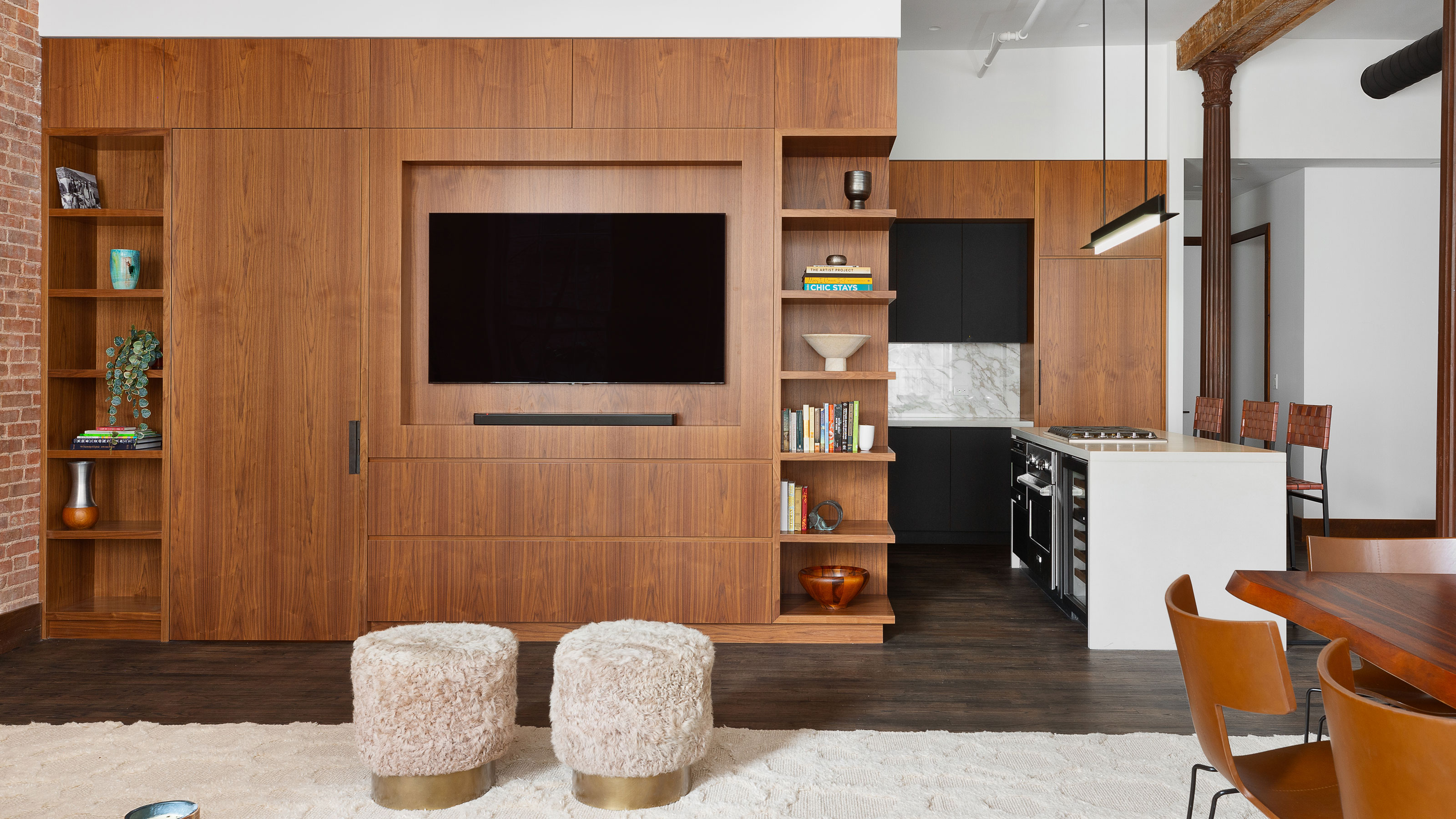 I lost my TV remote – how can I control my TV now?
I lost my TV remote – how can I control my TV now?There are plenty of options for people whose TV remotes have been lost or simply stopped working
By Alan Martin Published
-
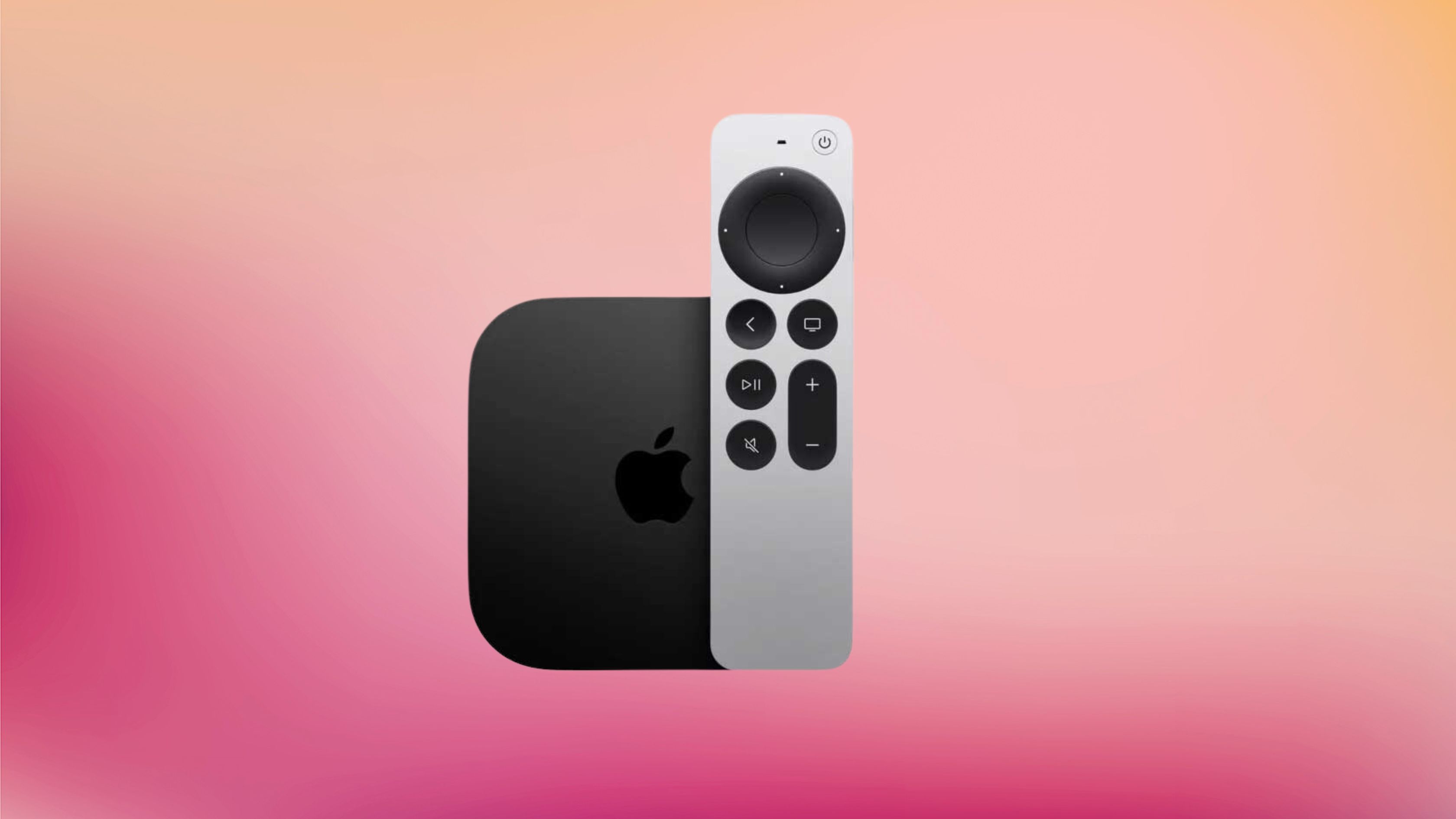 How to add Apple TV as a HomeKit home hub - and why it's a good idea for your smart home
How to add Apple TV as a HomeKit home hub - and why it's a good idea for your smart homeYour Apple TV box can be the center of your smart home. Here’s how to set it up as your HomeKit home hub
By Alan Martin Published
-
 What are the options for an Apple HomeKit home hub? An expert's verdict on which is best
What are the options for an Apple HomeKit home hub? An expert's verdict on which is bestIf you want to set up an Apple HomeKit home hub, you have three options — but one has a big drawback
By Alan Martin Published